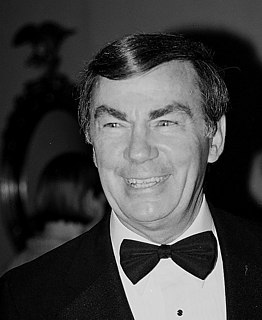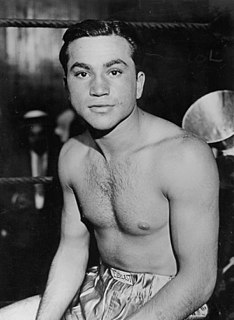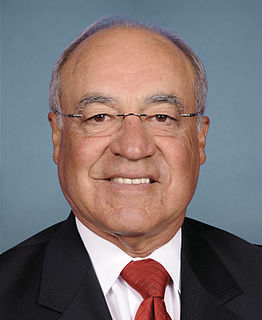A Quote by Dan Rather
I had just turned 10-years-old when the Japanese attacked Pearl Harbor and plunged America into World War II.
Related Quotes
I think the important thing to remember about the Japanese internment is the situation. We had been attacked. Maybe Roosevelt expected it - I rather think he did. I don't think he expected an attack on Pearl Harbor. I think he expected an attack on Southeast Asia. But we were attacked at Pearl Harbor
I had a question. "Why does the name Pearl Harbor sound so familiar?" The lieutenant colonel's eyes narrowed. "Pearl Harbor is the most famous U.S. military base in the world," he said crisply. "It's the only place on U.S. soil that has been attacked in a wars, since the Revolutionary War." None of this was ringing a bell, but you already know I'm totally uneducated. Gazzy leaned over to whisper, "It was a movie with Ben Affleck." Ah. Now I remembered.
































